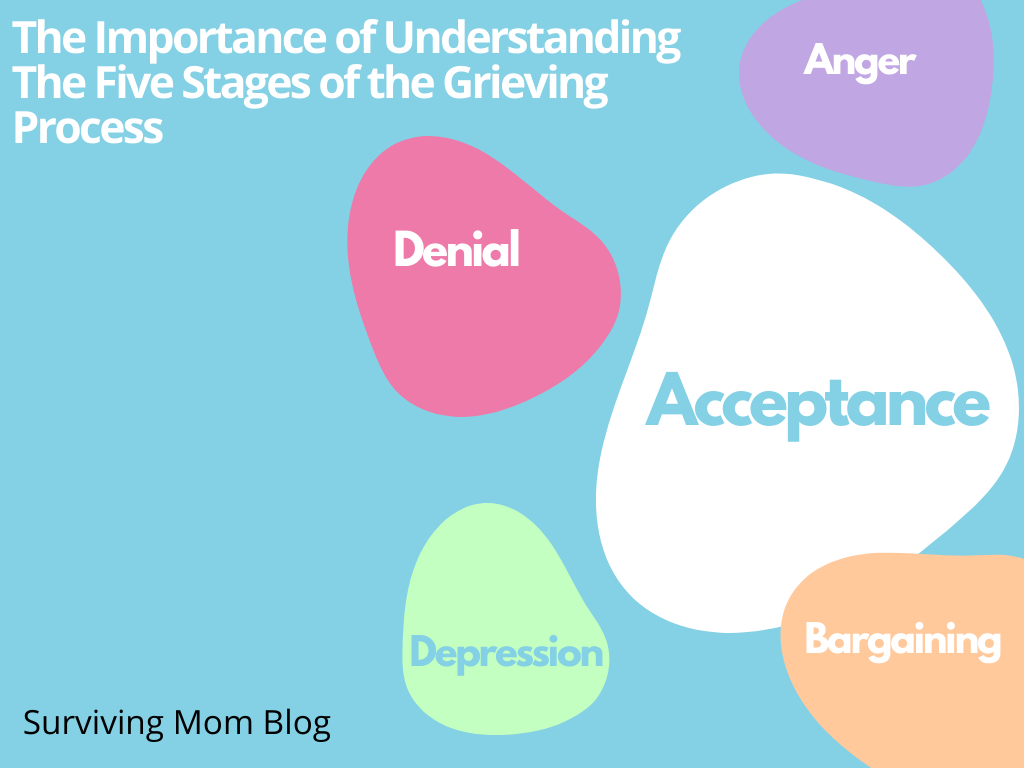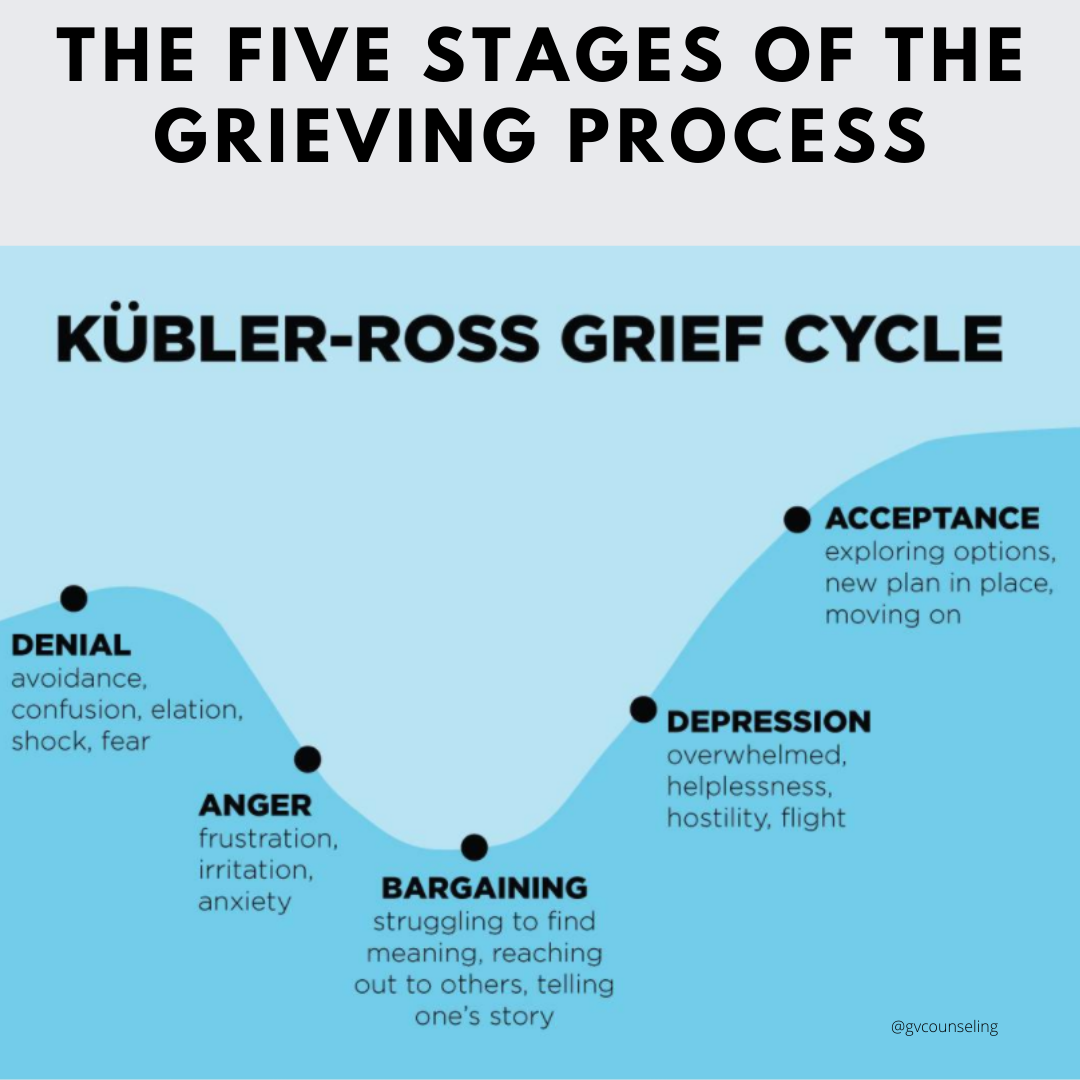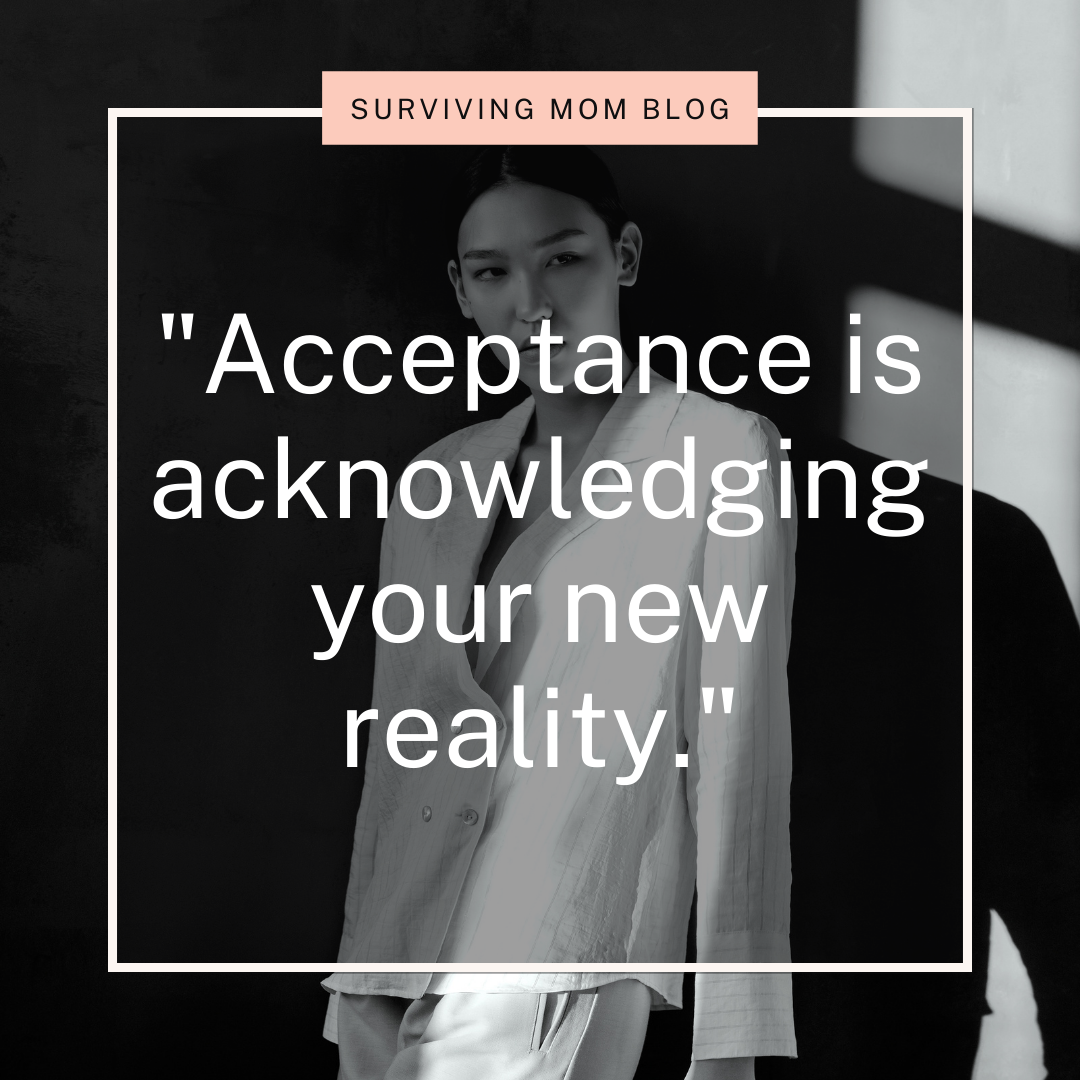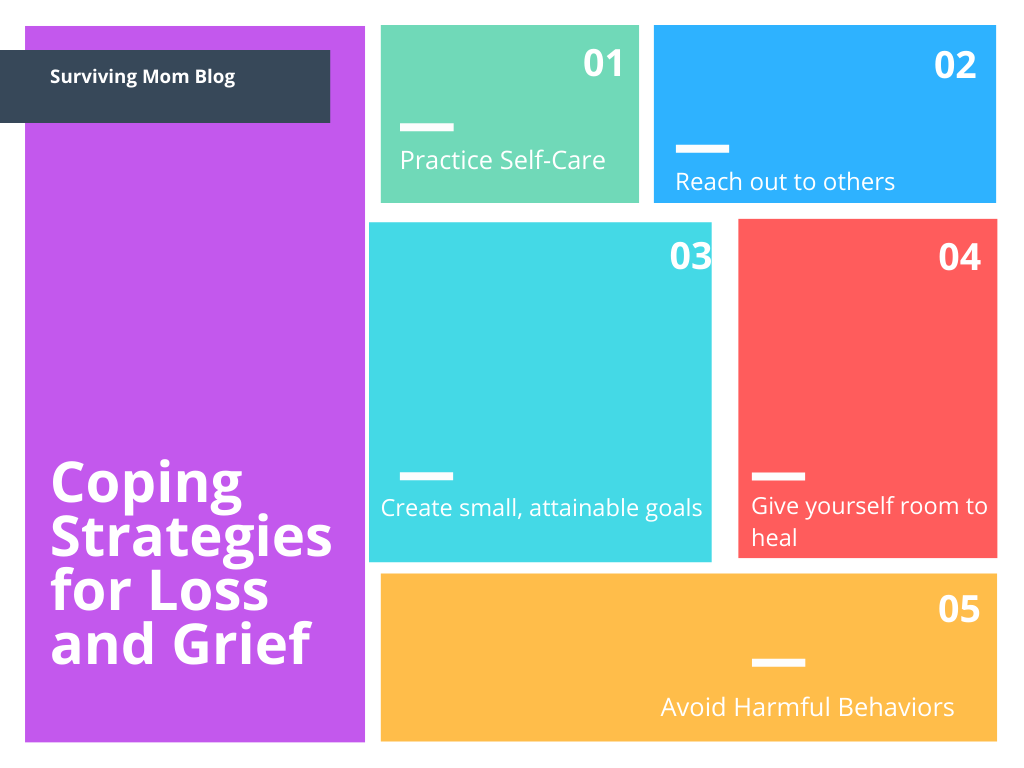
Grief is something we have all experienced at some point in our lives. Death is not the only factor that evokes grief and loss. It is important to understand the five stages of the grieving process in order to identify and process your emotions, as well as empathize with others who are grieving.
What Causes Grief, and is there a right way to grieve?
Grief is caused by a variety of circumstances, including the ending of relationships, illnesses, the end of a project or goal, or perceived or real changes in your life. This includes changing schools, locations, or jobs. The pandemic has caused social isolation and tremendous change for all of us.
The truth is, we are ALL grieving in some form right now due to the loss of our old way of life.
“Everyone, from all walks of life and across cultures, experience loss and grief at some point” (psychcentral.com, 2021).
A psychiatrist named Elisabeth Kubler-Ross created the Kubler-Ross model, which is the theory of the 5 stages of grief and loss. These stages were described in her 1969 book, On Death and Dying. Although Elisabeth Kubler-Ross’ model was initially based off of working with terminally ill patients, it has been adapted to include all types of grieving and loss. The five stages of the grieving process are popularly referred to as DABDA.

It is important to note that although she described 5 stages of grief, there is no right or wrong way to grieve. Some people will experience only certain stages of grief, where others might experience all of them. The stages are not linear, so they can be experienced in any order as well. The extent to which you feel emotions and symptoms associated with grief will vary as well. Additionally, the amount of time in which you experience a particular stage and/or grieve in entirety will vary from person to person. In other words, everyone grieves and feels loss differently.
The Five Stages of The Grieving Process
(1) Denial
Denial is considered the first stage of grief, as it can initially help you to cope with your loss. It might be hard to fully comprehend and acknowledge. Denial and disbelief is a coping mechanism that allows the impact of the news to not happen all at once. Therefore, denying the news, feeling shocked, and going numb are common symptoms associated with this stage. Typically, this stage is about living in a preferable reality as opposed to the actual reality. Physical symptoms may include nausea, vomiting, increased heart rate, and difficulty sleeping. This stage will end when the feelings that were being buried start to come to the surface (psycom.net, 2020).
(2) Anger
Feeling intense anger, frustration, irritation, and anxiety all encompass this stage of grief and loss. Pain from loss may result in feelings of helplessness, which then turns into anger. Those in this stage may feel angry at a person, a higher power, or a general feeling of anger. You might also feel guilty for feeling angry, which will make you feel angrier. It is also common to feel angry at the cause of your loss (webmd.com, 2020).
Pain is the source of this anger and allowing yourself to feel this way is part of the healing process. Pushing your emotions aside will not allow you to grieve. Therefore, it is important to hold space for these feelings.
(3) Bargaining
This stage of grief takes place as a way of holding onto hope and trying to prevent a loss from becoming permanent. There are often feelings of helplessness and desperation. For example, a person may pray that they will be a better person, become more religious, etc. in exchange for sparing the life of a family member who has a terminal illness. You might also feel guilt as you think over if there was something you could have done differently to prevent this situation from taking place (psychcentral.com, 2021). If bargaining and circumstances don’t improve, it may lead the griever to experience denial and pain again.
(4) Depression
This is the stage when emotions are very raw as you are fully facing your present reality. You may feel heartbroken, intense sadness and despair, and fully realize the loss. Additional symptoms include feeling overwhelmed, loneliness, hopeless, inability to get out of bed, and not wanting to participate in activities. Physical symptoms during this stage are changes in appetite and sleeping, headaches, stomach aches, fatigue, easily distracted, isolation, and physical pain.
Remember you have people who care about you. Allow others to support you during this difficult time.
(5) Acceptance
During this stage the loss is accepted. That doesn’t mean you are happy about it; however, you accept and acknowledge your new reality. “Acceptance is more about how you acknowledge the losses you’ve experienced, how you learn to live with them, and how you readjust your life accordingly” (psychcentral.com, 2021).
Please note that you will still have bad days and may still experience anger, sadness, feeling heartbroken, etc. You may feel like you have accepted the loss at times and then move to another stage of grieving. Remember that grieving and healing are not stagnant.
Eventually, you will remain in this stage for longer periods of time and move forward with your life. You will figure out a way to live life with this loss. At this point you will start to reach out to friends and families, be more involved in activities, and you will start to feel more hopeful (www.betterhlep.com, 2020 ).

Additional Stages of The Grieving Process
There are current adaptations of the 5 stages of the grieving process. The 7 stages of grief are an extension of the original with overlapping stages ( www.betterhelp.com, 2020). Similarly, there is no order to these stages:
- Shock and Denial– feel shock and inability to grasp reality
- Guilt and Pain– experience feelings of heartbreak and emotional pain as well as grief
- Anger and Bargaining– feel anger and also try to bargain for a different outcome
- Depression, Reflection and Loneliness– reflect upon the loss and feel depressed and lonely
- The Upward Turn -grief starts to become more manageable and less difficult
- Reconstruction and Working Through -start to set realistic solutions and work through changes due to this loss
- Acceptance and Hope– accept circumstances and begin to feel a sense of hope about the future
When to Seek Professional Help
If your feelings of depression are getting worse, you have thoughts of harming yourself, or you are turning to drugs or alcohol to numb your feelings, it is important to seek professional help. This can be done in the form of a support group or seeking out a bereavement counselor. Both of these can be sought out online.
Coping Strategies for Loss and Grief

Although you should not rush or force your way through grieving, there are things you can do to help yourself during the grieving process:
(1) Practice self-care
Pick something that you feel comfortable doing during this difficult time. Whether it is exercise, mediation, or pursuing a hobby, focus on implementing things that will improve your emotional and mental well-being.
(2) Reach out to others
Do not isolate yourself. Whether it is talking to a friend or joining a support group, do not deal with loss on your own. Speak with others who can empathize or who can offer additional insight and support.
(3) Create small, attainable goals
This enables you to feel a sense of accomplishment and responsibility for your life while allowing you to grieve and process your loss.
(4) Give yourself room to heal
Understand that grieving takes time and moving through your grief is the only way to get passed it.
(5) Avoid harmful behaviors
Do not turn to unhealthy behaviors to deal with your pain.
The Grieving Process
Grief is not a one-size-fits-all process. It is an individual path, and it is one that has no rhyme or reason. There is no valid or correct way to grieve. However, understanding these stages of grief enables you to understand your grieving journey. Allow yourself to mourn in whatever way that you experience your feelings of grief and loss. Recognize and hold space for your emotions, give yourself the support you need, and remember that healing takes time and patience.
Sometimes it helps to find a song or a poem that encapsulates what you are thinking. We know that many people share this poem celebrating their mom in heaven as a way to go through the grieving process.
I hope this information is helpful and provides you with support. If you know someone who is grieving, remember that the most important thing you can do is to let the person know you are there and willing to listen anytime.
Disclaimer
This post may contain affiliate links. If you purchase a product via my link I may receive a small commission at no additional cost to you. Please visit our disclaimers here
Laura says:
These are trying times so great info!
Randi says:
Thank you very much! I appreciate it <3
Naomi P Lane says:
I was surprised after my mom died a year ago that I did not really feel a lot at first because I was coping with all the practical issues of taking care of her documents and banking and notifying everyone. I had to be very high functioning. Then, over time, I gradually started to allow the feelings in more. It wasn’t like a wave hit me. It was more like small moments of grief as you experience a memory connected to something sensory, like a familiar object or a song. It really does take time…
Randi says:
I’m sorry for your loss. Everyone experiences grief differently. It seems like you were numb/in shock for awhile (the denial stage of grief) as you had a lot on your plate. I’m glad you finally allowed yourself to feel your emotions and process them. It absolutely takes time.